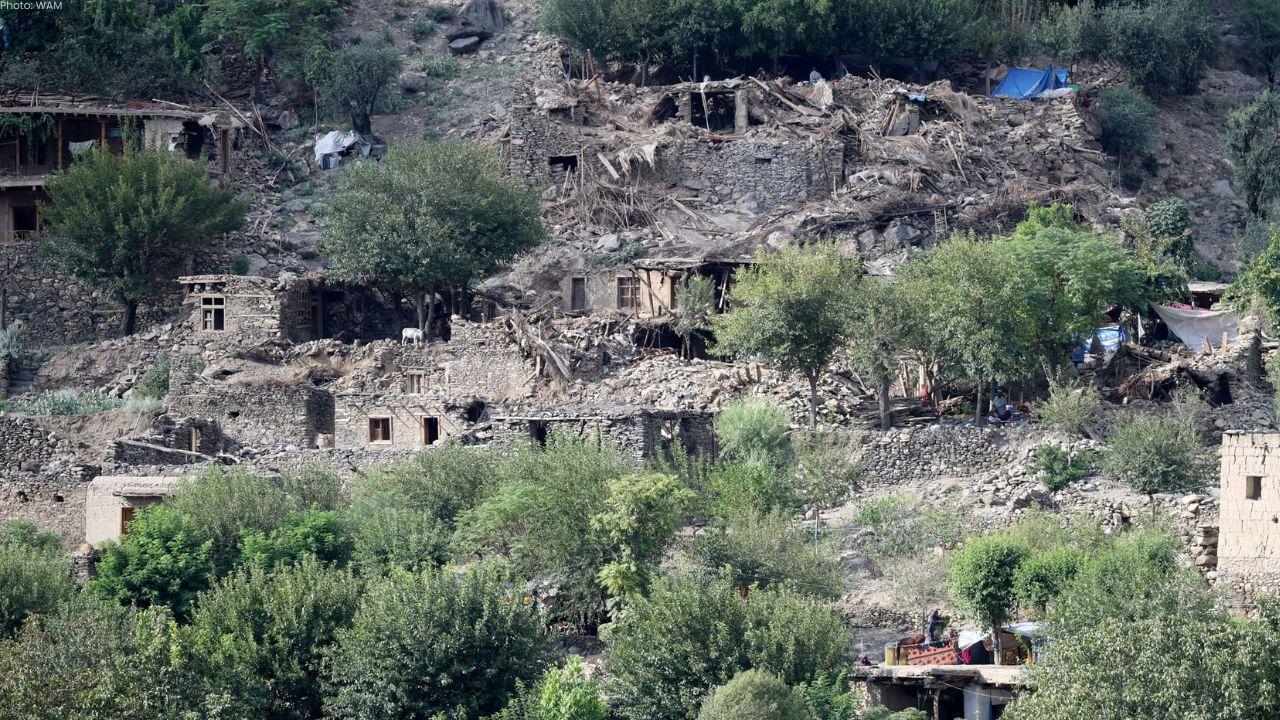
Post by : Layla Badr
On 31st August 2025, a powerful 6.0 magnitude earthquake struck the eastern mountainous regions of Afghanistan, causing widespread destruction and a tragic loss of life. The United Nations (UN) has provided initial estimates, but the full extent of the damage remains unclear due to the difficult terrain and damaged infrastructure. This earthquake is considered one of the deadliest natural disasters in Afghanistan in recent years.
Destruction of Homes and Villages
According to the United Nations Office for the Coordination of Humanitarian Affairs (OCHA), the earthquake has destroyed 5,230 homes and damaged 672 more across 49 villages. These numbers, however, only reflect the villages that UN teams were able to access. The majority of affected areas are remote and hard to reach, leaving thousands of families in urgent need of assistance.
Stay informed with the latest news. Follow DXB News Network on WhatsApp Channel
Shannon O’Hara, Head of Strategy and Coordination for OCHA in Afghanistan, explained that the rugged and mountainous terrain, combined with damaged roads, is making it extremely difficult for rescue teams to reach many of the affected villages. Officials fear that the actual damage is far greater than current estimates.
Challenges in Reaching Remote Areas
Afghanistan’s eastern region, where the earthquake hit, is rugged, mountainous, and isolated. The country’s infrastructure is fragile, and many roads were damaged or blocked due to the earthquake and subsequent landslides. These obstacles have slowed down rescue and aid efforts, leaving affected families without immediate help.
Adding to the challenge is a series of aftershocks that followed the main earthquake. Ranging from 5.2 to 5.6 in magnitude, these aftershocks caused additional fear among residents and further complicated rescue operations. Many villagers were too afraid to return to their homes, fearing additional collapses.
Human Impact: Deaths and Injuries
The earthquake has been deadly, claiming the lives of at least 2,200 people, according to official reports. This number is expected to rise as more bodies are recovered from collapsed homes and debris. Rescue teams continue to work around the clock, but the process is slow and challenging due to the remote locations and unstable conditions.
The United Nations estimates that the disaster has affected up to 500,000 people, with more than half of them being children. Many of these children have lost their homes, their families, or both. The psychological and emotional toll on these young survivors is expected to be severe, adding another layer of urgency to humanitarian relief efforts.
Immediate Humanitarian Needs
The urgent needs of the affected population are immense. Families who lost their homes are now living in temporary shelters, tents, or makeshift structures. Many do not have access to clean water, food, or medical care, which increases the risk of disease and malnutrition, especially among children.
The United Nations and humanitarian agencies are calling for immediate international assistance to provide essentials such as:
Food and clean drinking water
Medical care and emergency treatment for injuries
Shelter and warm clothing
Psychological support, especially for children
O’Hara emphasized that accessing these remote areas is critical. Without aid reaching the villages that remain cut off, the situation could worsen rapidly, particularly with unpredictable weather and harsh conditions in the mountainous terrain.
Role of the United Nations and Aid Agencies
The UN and its partner organizations are actively coordinating relief efforts. Teams are working to assess the damage, locate survivors, and distribute aid to accessible areas. Emergency teams are also preparing to extend their operations to more remote villages, once roads are cleared and conditions allow safe travel.
Despite these efforts, the UN has stressed that more support from international communities is urgently needed. The scale of the disaster, coupled with the difficulty in reaching affected villages, means that local resources alone cannot cope with the humanitarian needs.
Aftershocks and Ongoing Risks
The earthquake’s aftershocks have created continuous risk for both residents and rescue teams. Villagers are hesitant to return to damaged buildings, fearing collapse during aftershocks. Rescue teams must navigate unstable slopes, broken roads, and landslides, which significantly slows down recovery and aid distribution.
Experts warn that aftershocks could trigger further landslides, adding danger to already unstable areas. This has heightened concerns about long-term safety and the need for temporary relocation or reconstruction programs for the affected population.
Long-Term Implications
The earthquake has left tens of thousands of families homeless and facing an uncertain future. Beyond the immediate humanitarian crisis, there will be long-term challenges, including:
Rebuilding homes and infrastructure in remote and mountainous regions
Ensuring education for children affected by school destruction
Providing mental health support to survivors
Preparing communities for future natural disasters
The economic impact is also expected to be severe, as homes, livestock, crops, and local businesses were destroyed. Recovery will require coordinated efforts from both local authorities and the international community.
How People Can Help
Humanitarian organizations have called for global solidarity in response to the crisis. People and organizations can contribute by donating to relief funds, supporting aid organizations, and spreading awareness about the ongoing needs in Afghanistan.
While immediate rescue and relief are critical, long-term support will be needed to rebuild villages, restore livelihoods, and provide education and healthcare to affected communities.
The 31st August earthquake in eastern Afghanistan has had a devastating impact on lives, homes, and communities. With over 5,000 homes destroyed, thousands of families are displaced, and nearly 500,000 people affected, the need for urgent humanitarian aid is overwhelming.
The United Nations continues its efforts, navigating dangerous terrain and aftershocks, to reach the most remote villages. While the full scale of the disaster is not yet known, it is clear that Afghanistan faces a long and challenging road to recovery. International support, effective coordination, and prompt action are essential to help the affected population rebuild their lives and communities.
The earthquake has reminded the world of the fragility of human life in disaster-prone areas and the importance of preparedness, resilience, and global cooperation in the face of natural calamities.

IGCF 2025 in Sharjah: Global Leaders Unite for Better Life
IGCF 2025 begins at Expo Centre Sharjah, uniting 237 speakers to discuss food, health, education, su

Sandro Tonali Scores Injury-Time Winner as Italy Beat Israel
Italy snatched a thrilling 5-4 win over Israel in World Cup qualifiers with Sandro Tonali scoring a

Sandro Tonali Scores Injury-Time Winner as Italy Beat Israel
Italy snatched a thrilling 5-4 win over Israel in World Cup qualifiers with Sandro Tonali scoring a
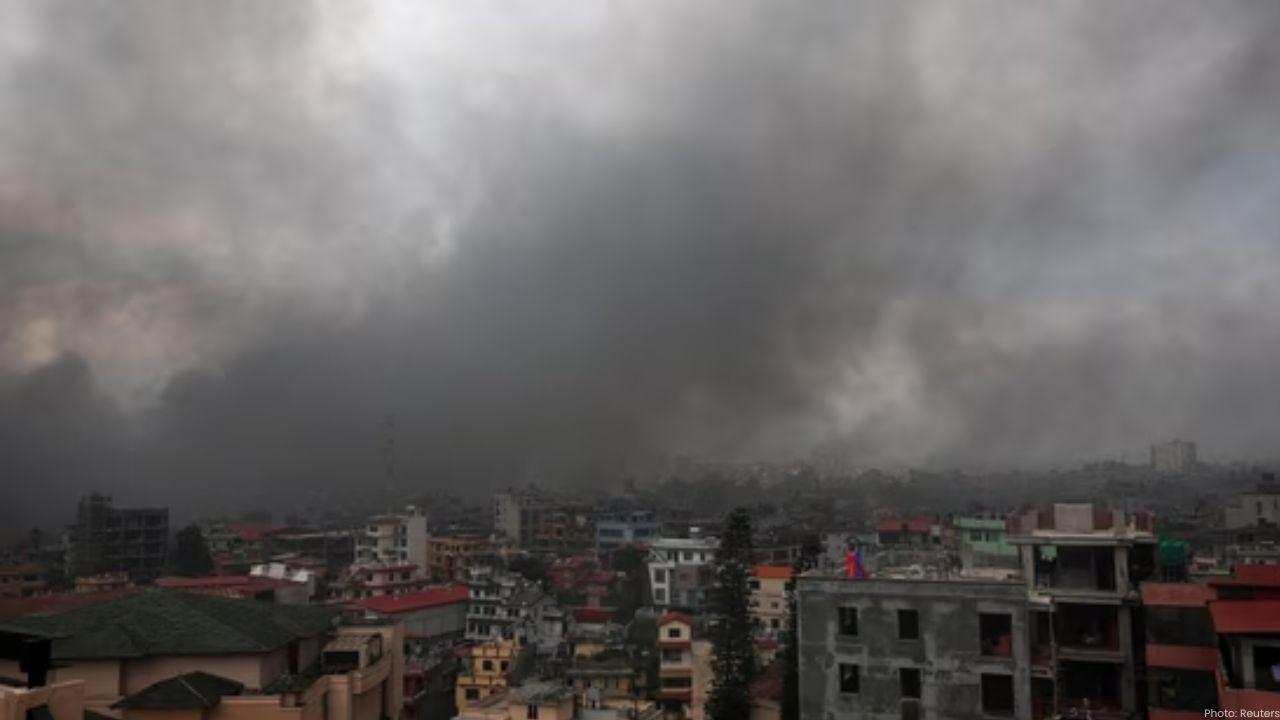
Nepal Protests: Kathmandu Airport Closed Amid Gen Z Agitation
Nepal's Kathmandu faces violent Gen Z protests over social media ban; 19 dead, airport closed, fligh

Monsoon Alert 7 Vegetables to Avoid for a Healthy Rainy Season
Avoid these 7 vegetables during monsoon to stay healthy prevent stomach issues and enjoy a safe n

Deadly Jerusalem Attack Kills Six, Eight Injured by Gunmen
Six Israelis were killed and eight wounded in a shooting attack at Jerusalem’s Ramot Junction. Israe

Asia Cup 2025: India vs Pakistan Clash in Dubai Sparks Excitement
Asia Cup 2025 kicks off in Dubai. Fans eagerly await India vs Pakistan clash amid political tension.
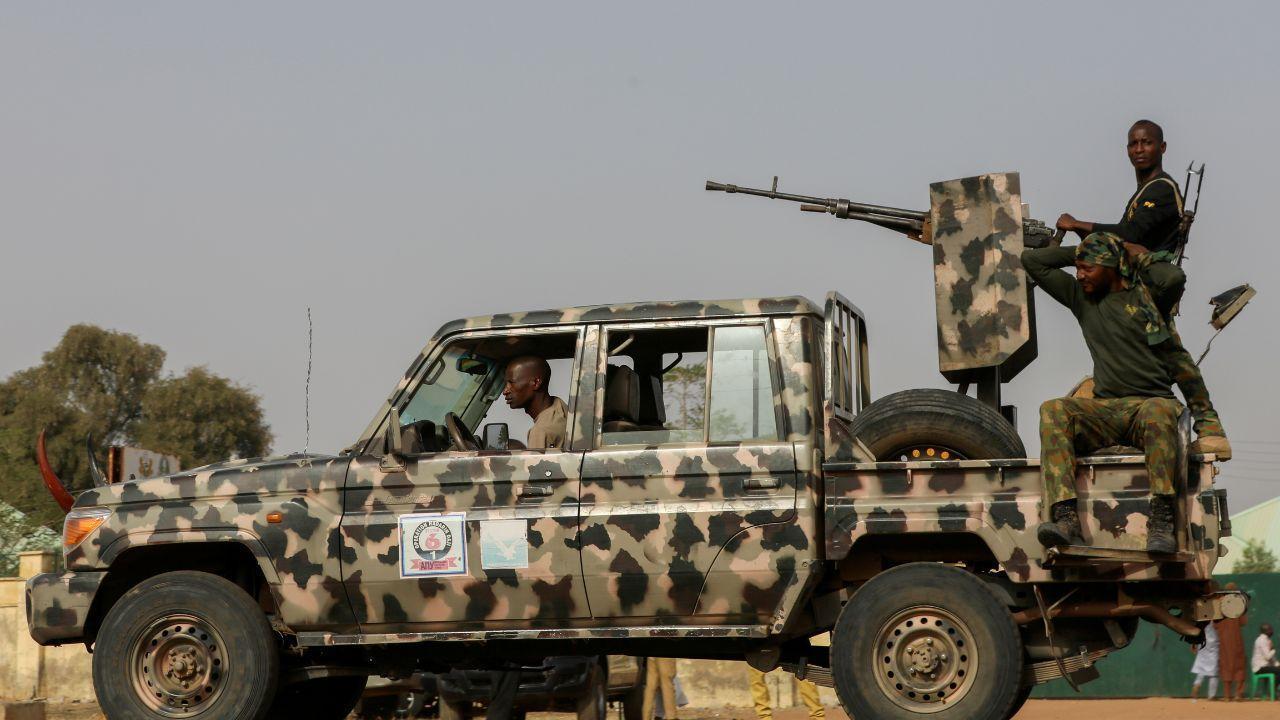
At Least 60 Dead in Night Attack on Village in Nigeria’s Borno State
Armed fighters attack Darul Jamal village in Nigeria, killing over 60, including soldiers as residen

Ronaldo Shines with Two Goals as Portugal Beats Armenia 5-0
Cristiano Ronaldo scored twice as Portugal started World Cup qualifying with a 5-0 win over Armenia

Justin Bieber Drops Eighth Studio Album Swag II Fans Excited
Justin Bieber surprises fans with Swag II, his eighth album featuring 23 new tracks and collaboratio

Venice Film Festival 2025 ends with surprise winners and strong messages
Jim Jarmusch’s film wins Golden Lion at Venice Film Festival 2025, amid strong performances emotiona

Kurt Russell Joins Yellowstone Spinoff 'The Madison' as Star & Producer
Kurt Russell returns to TV in Yellowstone spinoff 'The Madison', joining Michelle Pfeiffer in a stor
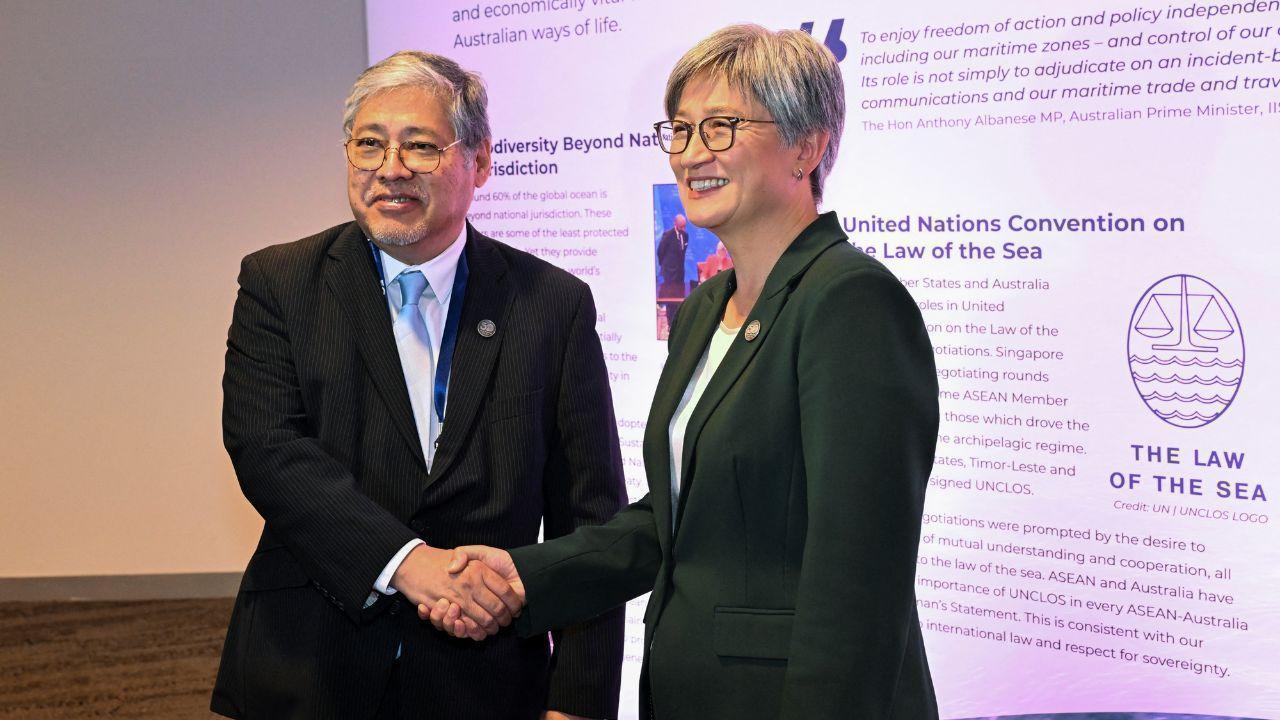
Australia funds $72M for medical research in Asia-Pacific
Australia invests $72M to support medical research, vaccines, and health solutions across Southeast
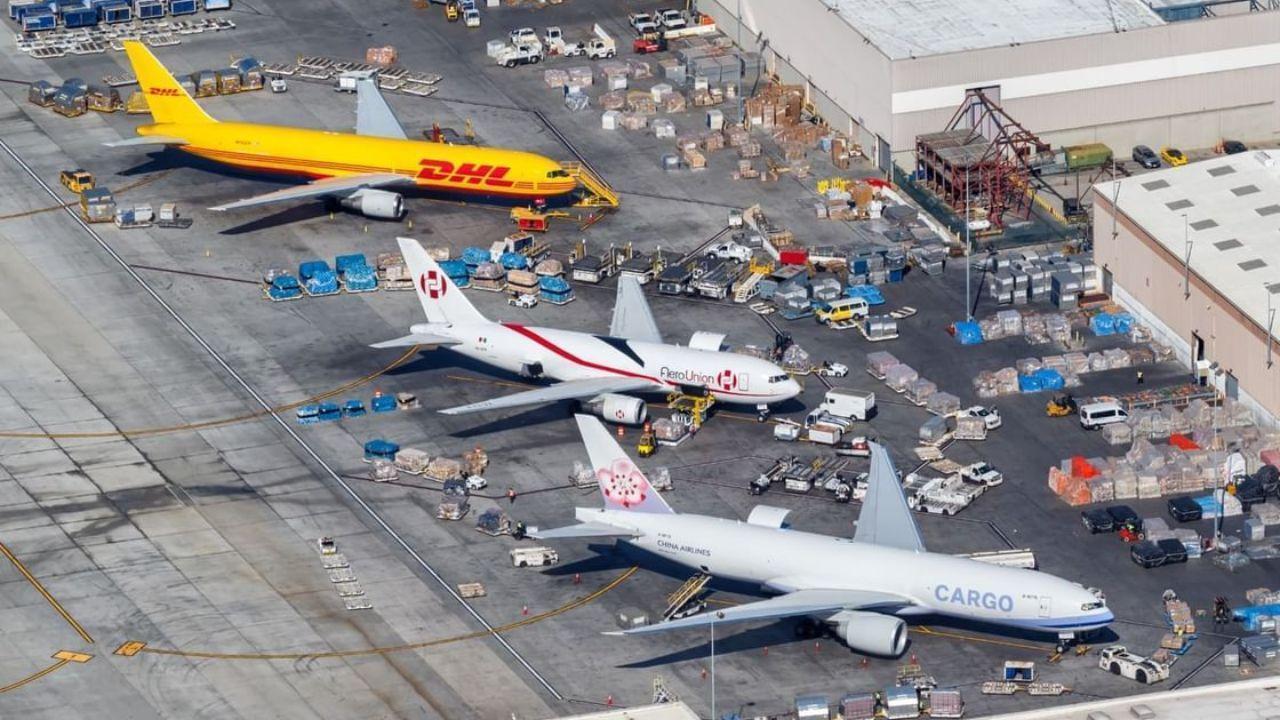
UPU launches solution to restart US mail delivery
Mail to the US dropped 80% after duty-free exemption ended; UPU launches a tool to calculate duties

UAE karate team shines with silver and bronze at Asian event
UAE athletes Sheikha Al Yafei and Rashid Al Suraidi win silver and bronze at the Asian Karate Champi